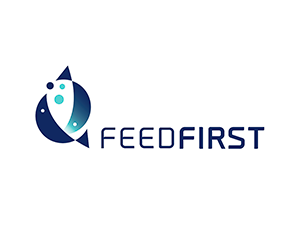FEEDFIRST aims to integrate a solution for introducing inert microdiets at the onset of the first feeding of marine fish larvae reared in aquaculture, which is a critical stage due to the poor acceptance and low ingestion and digestibility of commercial microdiets by such larvae.
The integrated solution proposed by FEEDFIRST includes innovative microdiets with high digestibility and low leaching.
This project has received funding from Compete 2020, CRESC Algarve 2020, Portugal 2020 and the European Union
Enhance research, technological development and innovation
European Union financial support
This project has received funding from Compete 2020, CRESC Algarve 2020, Portugal 2020 and the European Union through ERDF under reference ALG-01-0247-FEDER-034050. The content of this page only expresses the views of the author. The Portuguese National Authorities or the European Union cannot be held liable for any use made of this publication.
Find out more about all R&D projects and activities


